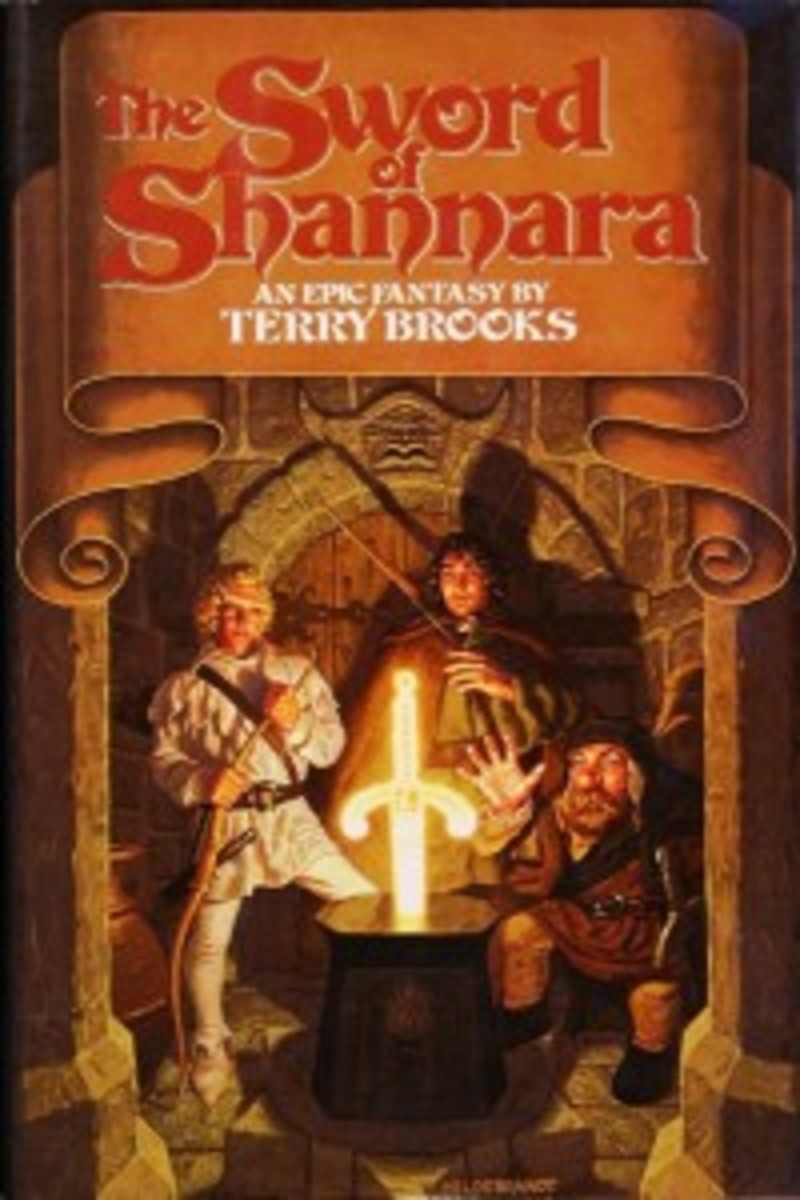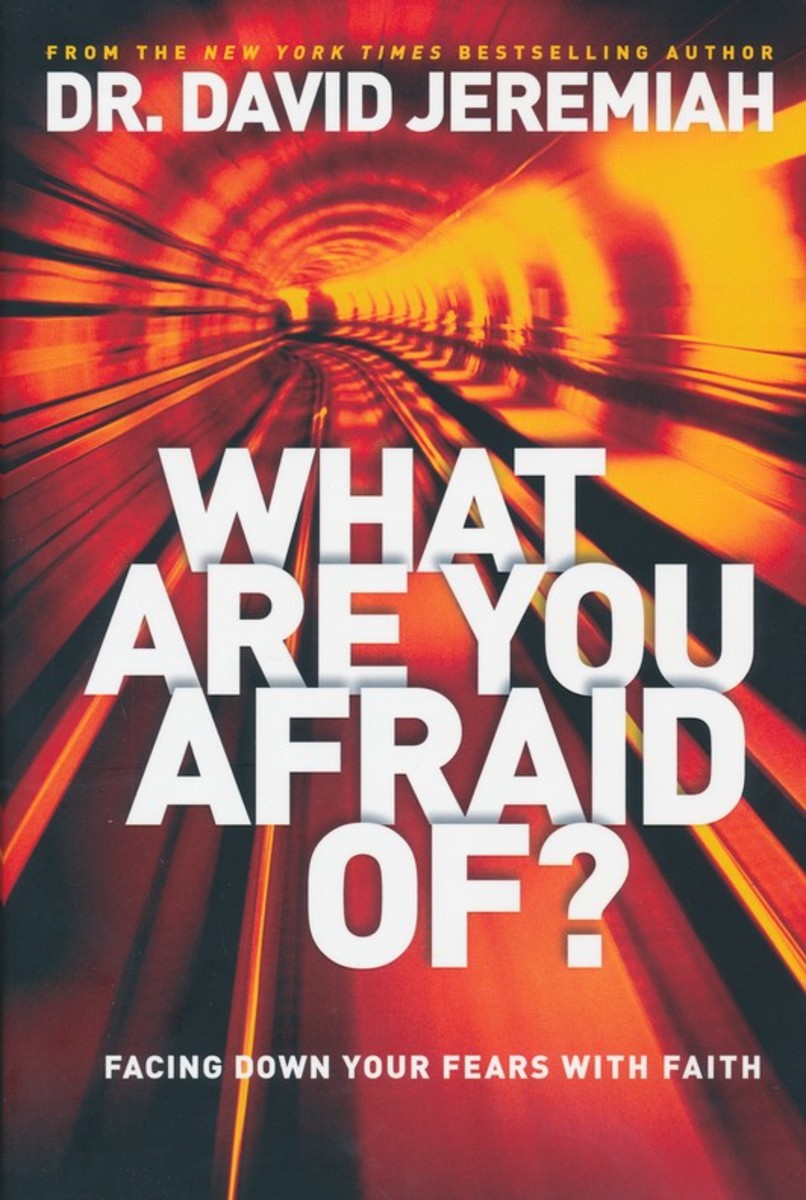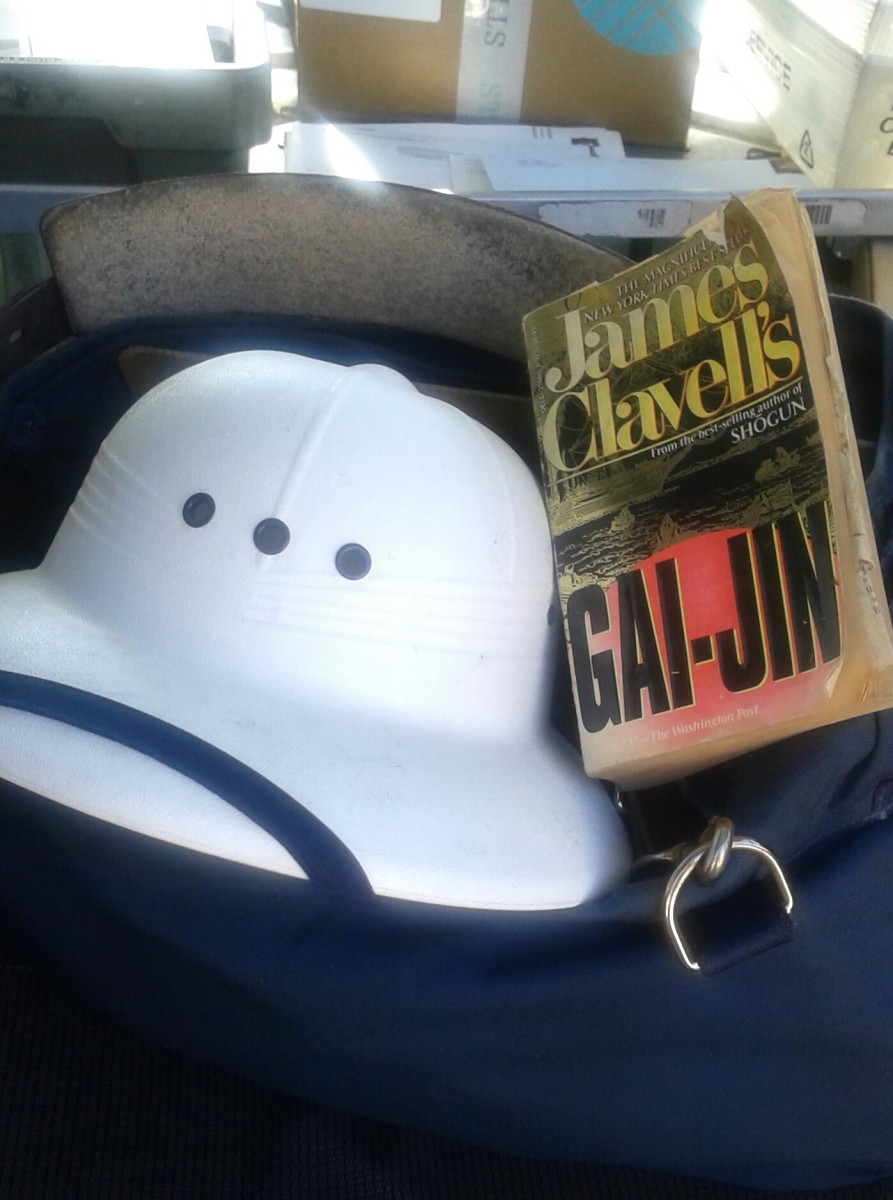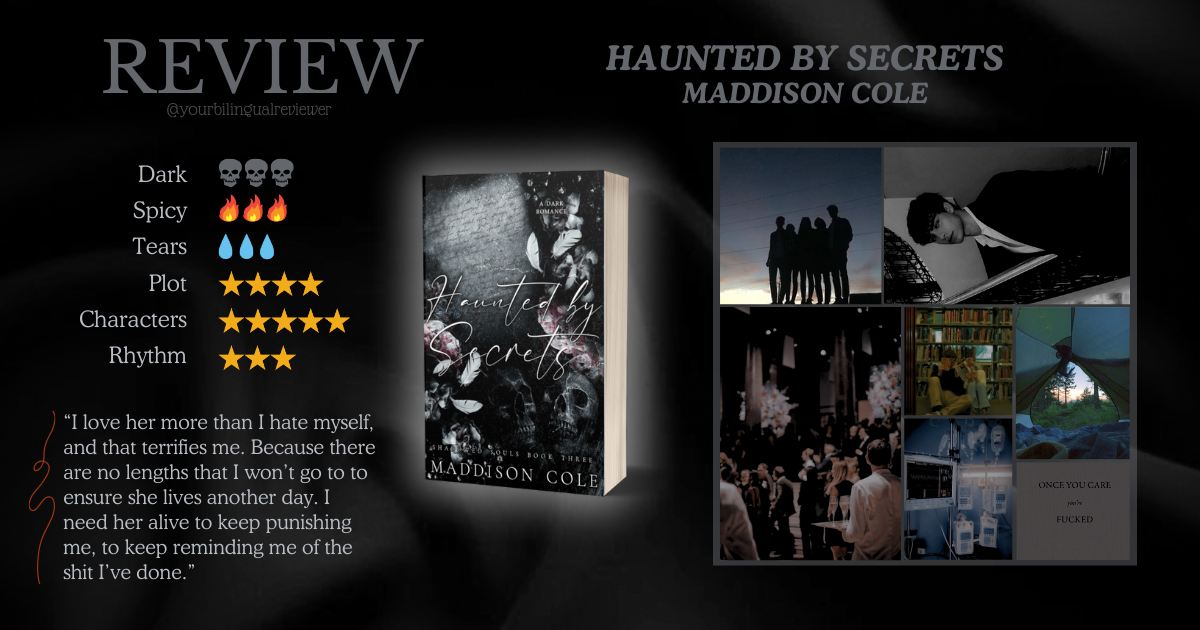My First Book Review!
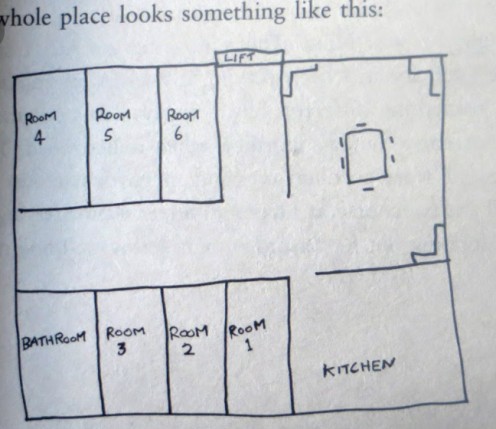


The Bunker Diary by Kevin Brooks
Hello, so firstly, I would like to welcome you to my very first article and book review. I panicked a little at first, trying to think of something I could write about, but then, I thought, why not write about one of my all time favourite books?! I am going to explore themes and analysis of The Bunker Diary later on, but I will give a spoiler warning, so don't worry! So, without further ado, I hope you enjoy my article on The Bunker Diary!!
Firstly, let me just tell you, this book is not for the light-hearted. Kevin Brooks is not a stranger to dark themes and twisted characters, so when he wrote The Bunker Diary, it is easy to say he enjoyed playing around with the darkness once again.
The Bunker Diary is a book written in a first person narrative, about a protagonist named Linus. He is a 16 year old boy, who's mum died young, and unfortunately, he doesn't have the best relationship with his father. After running from home, he ends up being kidnapped and taken to a bunker, along with six other people. All six characters are completely different sizes, shapes, genders and sexualities, meaning that when the characters are faced with problems, they all react completely differently. This is what makes this book so interesting. Like I said before, this is one of my favourite books EVER, so I would highly recommend for a great read that you will not be able to put down!
Now onto the analysis and themes! SPOILER ALERT! SPOILER ALERT! SPOILER ALERT! I will be discussing the possible themes and my own analysis, so of course I will have to talk about the plot and use quotes. I will try not to make it sound like an English essay as much as possible, I promise!
Before any themes are explored, here is an inteoductioj to the main 7 characters.So firstly, Linus. He is the sixteen year old protagonist, who’s bunker diary we are reading. He acts as the mouthpiece of Brooks and strongly opposes religion, which will be developed little later on. Then there’s Jenny, the innocent, but mature 9 year-old girl, who seems to handle situations better than many of the adults. Fred. The violent heroin addict, who becomes surprisingly protective over Jenny and Linus, the more the book progresses. Anja, the pretty, but weak business woman, who puts up the biggest facade out of all the characters. The readers know very little about her, but it is implied that she later gets abused, murdered and raped by one of the other characters. Russell, the elderly homosexual with a brain tumour, who nevertheless is able to calm the other characters with his wisdom and strong-mentality. Bird, a manipulative, abusive, delirious businessman, who enjoys to prey on the weak, in this case, Anja. And finally, the antagonist, who we know absolutely nothing about, apart from the fact that he controls everyone and everything.
Due to the story being told from Linus’ point of view, the readers never find out who the kidnapper was, all they know is what Linus knows about him, which is nothing. This means that throughout the whole book, there is no dramatic irony. Usually, dramatic irony is used to make the audience feel included, but powerless to help the characters. This means that the readers feel more like they are experiencing the book or play first-hand, rather than just reading it, which is why dramatic irony is such a powerful device. Brooks has chosen to write this book without any dramatic irony, but has still managed to keep the book engaging and thought-provoking, as a consequence of his clever use of inclusive pronouns, addressing the audience and emotive language. Brooks has also chosen to include foreshadowing. At the very beginning of the book, some of the characters’ raw survival instincts begin to take over, as Fred suggests that they should eat one of the dead bodies, however, to his dismay, they all refuse. Later on in the book, up to the very last few pages, it is strongly implied that Linus eats the dead body of Jenny, as he is begging for forgiveness, whilst using Fred’s previous argument, “We are all animals, Pigs, Cows, Chickens, it’s all the same”, to justify his actions.
The relationship between God and humanity is a common theme among Kevin Brooks’ books, and so it is not a surprise that this is also the main theme in The Bunker Diary, too. Kevin Brooks is an atheist, so he portrays God in a bad light, making him seem vindictive and heartless. In this book, he accomplishes this by portraying God as the antagonist, the one who causes unnecessary suffering to all the characters, including our favourite characters, therefore ,causing us to hate him . This also helps us realise that Linus, as mentioned earlier, is the mouthpiece of Brooks, by constantly showing hatred towards “God”, and refusing to read their only entertainment in the bunker, the bible. In the bible, the number six is used to indicate imperfection. And, of course, there is the infamous 666, which symbolizes the Unholy Trinity. Now you will remember reading that there are in fact six characters in the bunker. This could symbolize the reality of evil coming in not just one form, but many, and by using six characters, it meant that each character could represent a different form of evil. Linus dishonours his parents frequently, which in turn, causes him to be kidnapped, after he ran from home. Dishonouring your parents in christianity is seen as a sin, therefore Linus, in God’s eyes, holds a certain evil within himself. Not only does he dishonour his parents, but he actually tries to eat one of the bibles, showing his lack of respect for the religion. Fred does drugs and is highly violent, Russell is homosexual, Bird is manipulative and abusive, Anja constantly puts on a facade, which as we know is not appreciated by God and finally, Jenny. Now Jenny, although she is just a child, and doesn’t sin per se, is very emotional and allows her emotions to control her. It has been said that to be a perfect sacrifice, you must allow the facts of God and christianity to be your guide in every aspect of your life, which clearly, she does not do. It could be inferred that Brooks is trying to show the antagonist as God himself, and because, as previously explained, Brooks is atheist, he shows him as corrupt and heartless. For example, whenever the characters are talking about their captor, they refer to him as Him, with a capital H, which everybody knows is used when speaking of God. Not only do they do this, but they call him “The Man Upstairs”, which is also a commonly used phrase when discussing God in more informal situations. Their captor can take and he can give, just like God can, and when the characters need something in their bunker, they must ask him for it, which is seen as an alternative to praying. We can also note that all six characters are completely different, showing the variation of God’s creatures, and that no matter what situation we are in, God would see us all as an equal. Our ethnicity, age, size, sexuality, gender, doesn’t matter, we would all be seen as the same.Unfortunately, we never discover who the captor is, but that is because Brooks is trying to show the importance of the characters in the bunker, rather than the kidnapper, because without his worshippers, God would be nothing.
Another theme in the book is Sanity and Chaos. What can be seen, is that most if not all of the chaos and insanity stems from the broken relationships that many of the characters share. The tension that results from this, means that the characters gradually start to lose their sanity, after having to fight with each other for so long. This theme also helps to keep the reader interested, because the lack of order and control means that the characters and situations they might face are completely unpredictable. Linus, at one point attempts to gain control back from their captor, by saying “How’s that Monster Man? Am I close? No? Well, I’ll tell you what. That’s my new picture of you. And that’s all that counts...What I see, is what you are.”, this, although it physically did nothing to help their situation, allowed Linus to feel as if he was in control again and that not only made him feel calmer , less helpless, but it also helped him get his own sort of revenge, by being condescending. All of this sanity they were losing, meant that they were slowly devolving back to their primitive state. This is most noticeable in Bird, as he becomes more and more rabid and delirious, eventually attacking people in the bunker, causing him to have to be “put down”, by Fred, like a wild animal. Their captor also controls the time in the bunker for the characters, so what they think was a few hours, could have in fact been a few days. Nevertheless, they cling to the hope that the time is correct, but when their captor eventually leaves them later in the book, the clocks stop working. This distortion of time as well as their distortion of reality only makes the situation worse. This is around the time when their mental state is the worst and so, their dominant personality traits begin to take over. Linus becomes very single-minded in his protection of Jenny, Jenny becomes even more innocent, Fred becomes paternalistic, Anja becomes increasingly weak, Bird becomes delirious, Russell fortunately, dies before the rest, so he never has to suffer through this stage. However, not all the relationships were bad in the bunker. Linus, Jenny and Fred were all very close, and so this meant that their mental state didn’t deteriorate as fast as Anja and Bird’s. When Linus was taken to the bunker, he developed relationships and bonds stronger than he had ever had before, and this was a way for the author to show how the situation you are in, doesn’t always determine whether you will be happy or not, and not even God could control your happiness. Out of the bunker, Linus was free and he thought freedom would bring happiness, it didn’t. But as soon as his freedom was taken away, in the bunker, he found happiness, built his own family, even though the situation they were in was so barbaric.
The Bunker Diary, in terms of structure, is very unique, it links largely with the theme of chaos and insanity and is even more powerful than the writing techniques Brook uses. Brooks writes the book to have multiple climax’s and then has one abrupt ending, rather than an introduction, lots of small problems, a climax, then ending. We all assume it’s a very clear ending, rather than a cliffhanger, with all of the characters dead, but the more that you look into it, and analyse it, the less definite the ending appears to be. We never actually have a definite answer as to whether Linus survives or not, all we know is that he stops writing when he says “It doesn’t hurt anymore”, but for all the reader knows, he could have been saved at the very last minute, leaving his diary behind for us to read. This could be another way for Brooks to express the lack of sanity and order in not only the bunker, but in the reader’s life too, by allowing our minds to try and answer questions we will never know the answers to, just like the characters had to do inside the bunker. You could also say that Brooks’ decision to write in the different structure could stress the distortion of reality for the characters, to show the extent to which all 6 characters’ lives have been switched, mix matched and twisted around, into what Kevin Brooks is trying to show, as reality of the world. Just like at the end of the book, when protagonist’s sentences start to become less and less coherent, eventually, becoming just simple sentences or single words. These long incoherent sentences represent his insanity, heart beat and rapid train of thought. Most of the words contain only one syllable, so when you read it, it is very quick paced and rushed, building up that sense of urgency and instability he is going through. In the words with more than one syllable, like “chicken”, the vowels “i” and “e” make the word very snappy and short, which has the same effect as the one syllable words do, speeding up the writing and creating a sense of urgency.
This whole book could be a metaphor for how by worshipping god, humanity is being confined. Man could be going out and exploring the world and new experiences, but religion confines us all to one small bunker, with limited options of food and entertainment. The fact that the only form of entertainment, is the bibles that have been placed in each room, further supports my theory, as well as everything that was mentioned in my analysis of the theme God and Religion. The book was also published in 2014, because of this, it quite possibly could demonstrating the gradual fall of Christianity or religion in general, and the decline in religious people, since the 20th century. However, it is more likely that this book is a metaphor for something entirely different. Many think The Bunker Diary is a dystopian novel, but it would be more likely, Kevin Brooks showing the harsh reality that some unfortunate people have to suffer through every day. Abuse is not a new topic for Kevin Brooks to talk about and he has commonly made it a theme throughout his other novels. Looking into the general plot, it makes sense. Being deceived into thinking that somebody is innocent and harmless. The feeling of being trapped, with very few to trust and love. Having to ask an abusive manipulative “superior” for your own basic human rights every day, knowing that one day, everything could change and that superior could all of sudden have a change of heart and decide they no longer need or want you anymore. It makes a lot of sense to believe that Brooks has written this book in a way nobody will even question whether it is about domestic abuse, but if Linus feels trapped, if he has to battle with inner demons, who could be the other characters, then it would make a lot of sense.
Or, maybe Kevin Brooks just wanted to write a book with a dark plot and this is just all very far fetched analysis. Thanks for reading!!

